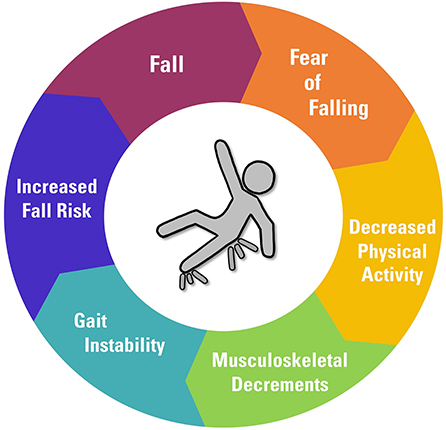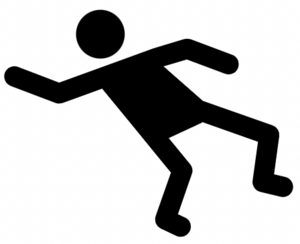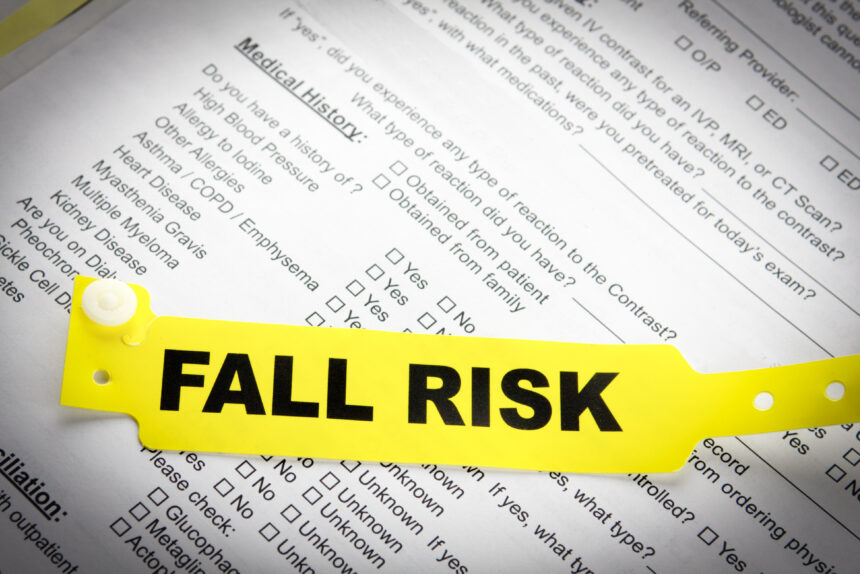What Does Dementia Fall Risk Do?
What Does Dementia Fall Risk Do?
Blog Article
Unknown Facts About Dementia Fall Risk
Table of ContentsEverything about Dementia Fall RiskFacts About Dementia Fall Risk UncoveredAll about Dementia Fall RiskHow Dementia Fall Risk can Save You Time, Stress, and Money.Dementia Fall Risk - An Overview
The FRAT has 3 sections: fall risk status, danger factor checklist, and activity plan. A Fall Threat Condition consists of information concerning history of recent drops, drugs, psychological and cognitive condition of the client - Dementia Fall Risk.If the patient scores on a risk variable, the corresponding number of points are counted to the patient's loss risk score in the box to the much. If a person's autumn risk rating amounts to five or higher, the person is at high threat for drops. If the individual scores just four factors or reduced, they are still at some risk of dropping, and the nurse must utilize their best clinical analysis to handle all fall threat variables as part of an alternative care strategy.
These conventional strategies, in basic, assist create a risk-free environment that reduces accidental falls and defines core precautionary procedures for all patients. Indications are important for people at danger for falls.
The Definitive Guide to Dementia Fall Risk
Wristbands ought to include the patient's last and first name, date of birth, and NHS number in the UK. Details need to be printed/written in black versus a white background. Just red color should be made use of to signify unique client condition. These suggestions follow existing developments in client identification (Sevdalis et al., 2009).
Things that are too much might call for the client to connect or ambulate unnecessarily and can potentially be a threat or contribute to falls. Helps stop the client from going out of bed with no aid. Registered nurses react to fallers' telephone call lights faster than they do to lights initiated by non-fallers.
Aesthetic impairment can greatly cause drops. Keeping the beds closer to the flooring lowers the danger of falls and significant injury. Placing the cushion on the flooring substantially minimizes autumn danger in some health care settings.
The 7-Second Trick For Dementia Fall Risk
Individuals who are high and with weak leg muscular tissues who try to sit on the bed from a standing placement are likely to fall onto the bed due to the fact that it's as well low for them to lower themselves safely. If a tall individual attempts to get up from a low bed without support, the individual is most likely to drop back down onto the bed or miss out on the bed and drop onto the flooring.
They're designed to promote prompt rescue, not to avoid drops from bed. Audible alarm systems get more can additionally advise the client not to rise alone. Making use of alarms can also be a replacement for physical restrictions. Apart from bed alarm systems, raised supervision for anchor risky individuals also may aid protect against drops.

Clients with an evasion gait increase fall chances significantly. To minimize autumn risk, shoes must be with a little to no heel, slim soles with slip-resistant step, and sustain the ankle joints.
Dementia Fall Risk - An Overview
In a research, homes with sufficient lighting report less falls (Ramulu et al., 2021). Enhancement in illumination at home might minimize autumn rates in older grownups.

Sitters are reliable for guaranteeing a safe, secured, and safe setting. However, research studies demonstrated very low-certainty evidence that sitters lower fall danger in acute treatment healthcare facilities and just moderate-certainty that choices like video clip surveillance can lower caretaker usage without raising loss risk, suggesting that sitters are not as valuable as initially believed (Greely et al., 2020).
Dementia Fall Risk for Dummies

Increased physical conditioning decreases the risk for falls and Recommended Reading limits injury that is endured when autumn transpires. Land and water-based workout programs may be likewise advantageous on balance and gait and consequently minimize the threat for falls. Water workout may contribute a favorable benefit on balance and stride for ladies 65 years and older.
Chair Increase Workout is an easy sit-to-stand exercise that assists reinforce the muscles in the thighs and butts and enhances wheelchair and freedom. The goal is to do Chair Surge exercises without utilizing hands as the client ends up being stronger. See resources area for an in-depth direction on how to execute Chair Rise workout.
Report this page